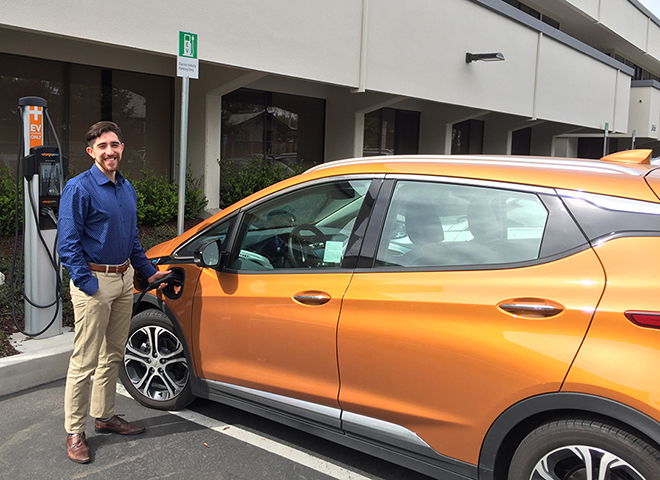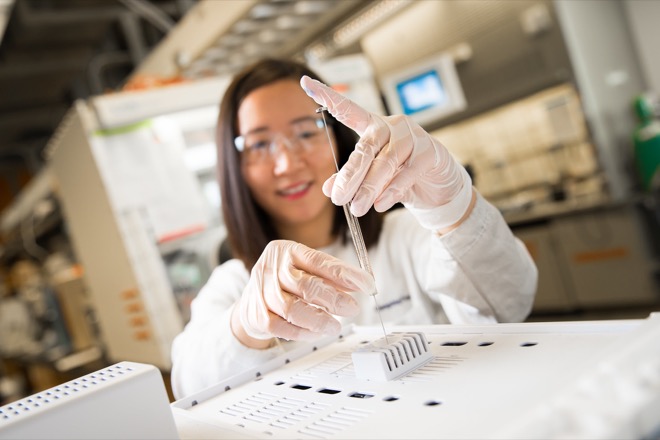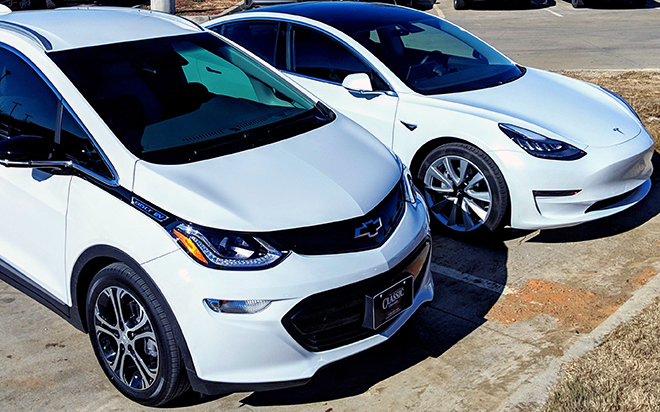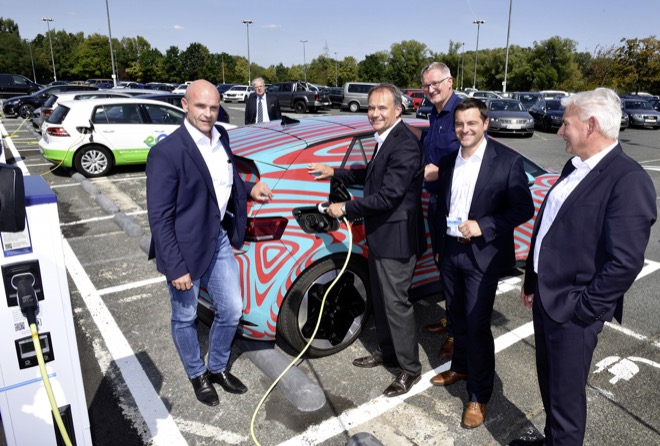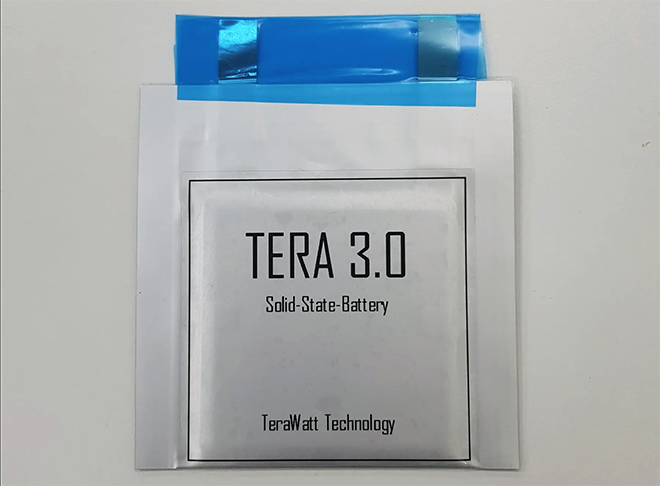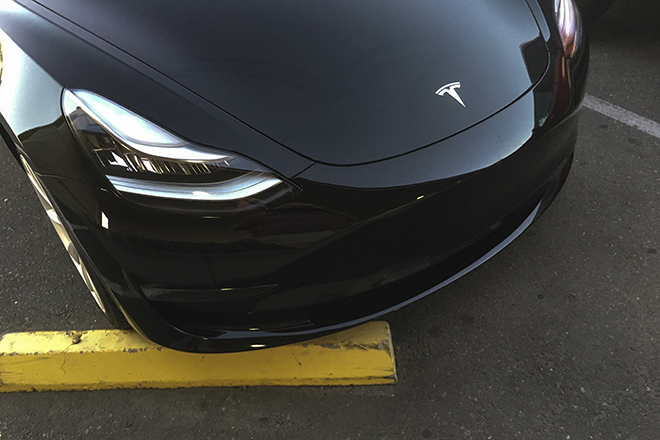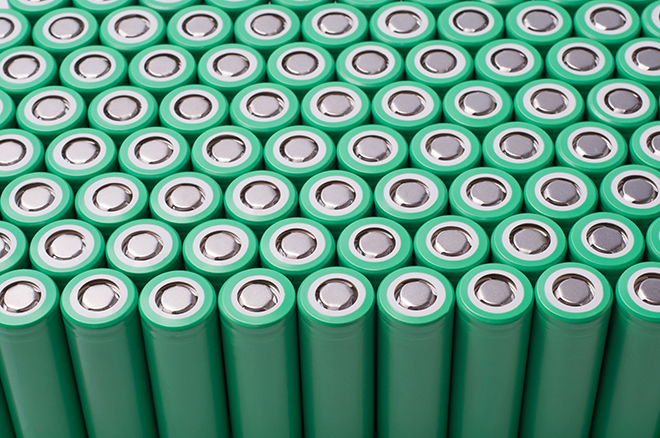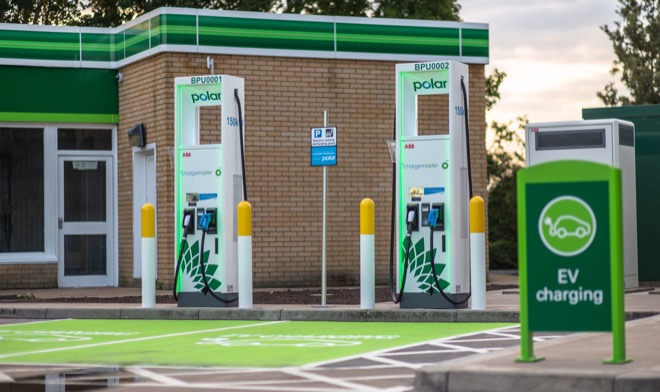The e-ferry Ellen made its first commercial voyage in August, between the ports of Søby and Fynshav on the Danish islands of Aerø and Als. At 60 meters long and 13 meters wide, Ellen is the world’s largest all-electric ferry. She can carry 20 vehicles and 200 passengers. The ship is powered by two electric… Read more »
Newswire
Peninsula Clean Energy and California Energy Commission invest $24 million in EV charger incentive program
Peninsula Clean Energy (PCE), the California Energy Commission (CEC), and the Center for Sustainable Energy will partner to launch an EV charger incentive project in San Mateo County. PCE and CEC will each invest $12 million to install thousands of chargers in San Mateo County over the next four years. PCE will provide public EV… Read more »
New study identifies main culprit behind lithium metal battery failure
A research team led by the University of California San Diego has discovered the root cause of why lithium metal batteries fail. The team found that bits of lithium metal deposits break off from the surface of the anode during discharging and are trapped as “dead” or inactive lithium that the battery can no longer… Read more »
2020 Chevy Bolt to offer 259 miles of range
Starting with model year 2020, the Chevy Bolt will offer an EPA-estimated range of 259 miles, a 21-mile increase over previous model years. Chevy says its battery engineering team improved the cell electrodes by making small changes to the cell chemistry, which allowed them to increase the vehicle range without needing to change the physical… Read more »
VW to deploy 4,000 charging points at German workplace sites
Volkswagen plans to install around 4,000 charging points at its German company facilities by 2025, beginning with 60 points recently installed for employees at a component plant in Braunschweig. The company will invest some €250 million ($276.5 million) to expand the charging infrastructure at its European sites, aiming to add around 36,000 new charging points… Read more »
TeraWatt’s solid-state battery prototype achieves energy density of 1,122 Wh/L
Silicon Valley startup TeraWatt Technology has announced that its prototype 4.5 Ah solid-state battery design achieved a record-breaking energy density of 1,122 Wh/L (432 Wh/kg) in validation tests conducted by third parties, including the Japanese testing service TOYO System. TeraWatt says this 4.5 Ah design, which is branded as TERA3.0, will be available for select… Read more »
China grants Tesla a sales tax exemption for its vehicles
The Chinese government has added Tesla’s Model S, Model X and Model 3 to a list of EVs that qualify for exemptions to the country’s 10% vehicle sales tax. No reason was offered for the move, which took China-watchers by surprise. Imported vehicles are generally not eligible for the exemption. As fate would have it,… Read more »
EV battery production: Are you ready for the surge?
Sponsored by Rockwell Automation Meeting annual demand for tens of millions of batteries will require a long-term connected production strategy By: Bill Sarver, senior industry consultant for global automotive and tire, Rockwell Automation Plenty of factors are driving electric-vehicle sales – gas prices, new laws, eco-minded consumers. But the biggest influence on sales might be… Read more »
BP Chargemaster installs first of 400 150 kW chargers
BP Chargemaster, BP’s UK-based charging network subsidiary, has powered up its first 150 kW ultra-fast charger at a BP retail site. The charger is the first in a planned network of ultra-fast chargers across the UK. BP plans to roll out 400 ultra-fast chargers at BP sites across the UK by the end of 2021,… Read more »
School districts have ordered more than 100 Blue Bird electric buses
School districts have ordered more than 100 Blue Bird electric buses. The buses are currently operating in California, North Dakota, and Washington. Blue Bird will deliver additional buses to California, Colorado, New Jersey, New York, and Quebec by 2020. Powered by Cummins electric drivetrains, Blue Bird electric school buses are capable of 120 miles of… Read more »








